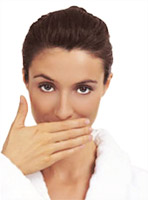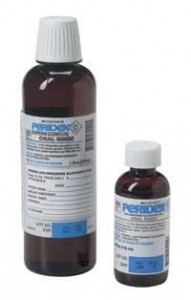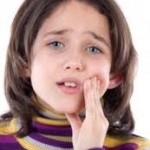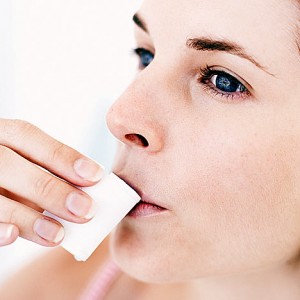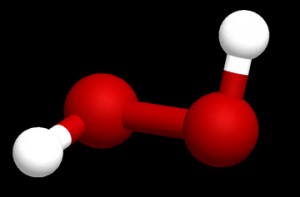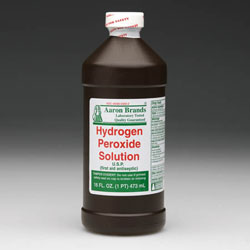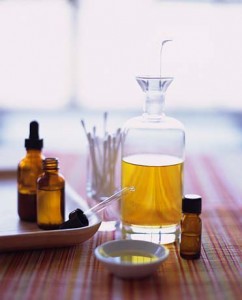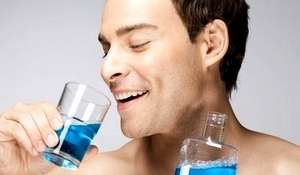Dry mouth, also called xerostomia, is a condition that can interfere with everyday activities, such as eating, talking or sleeping. Some common symptoms of dry mouth include:
- Bad breath
- A sticky, dry or sore mouth
- Cracking at the corners of the mouth
- A red and parched mouth
- Blisters and mouth ulcers
- A pebbled look to the tongue
- Difficulty eating dry or spicy foods
- Waking up with a dry mouth at night Continue reading
